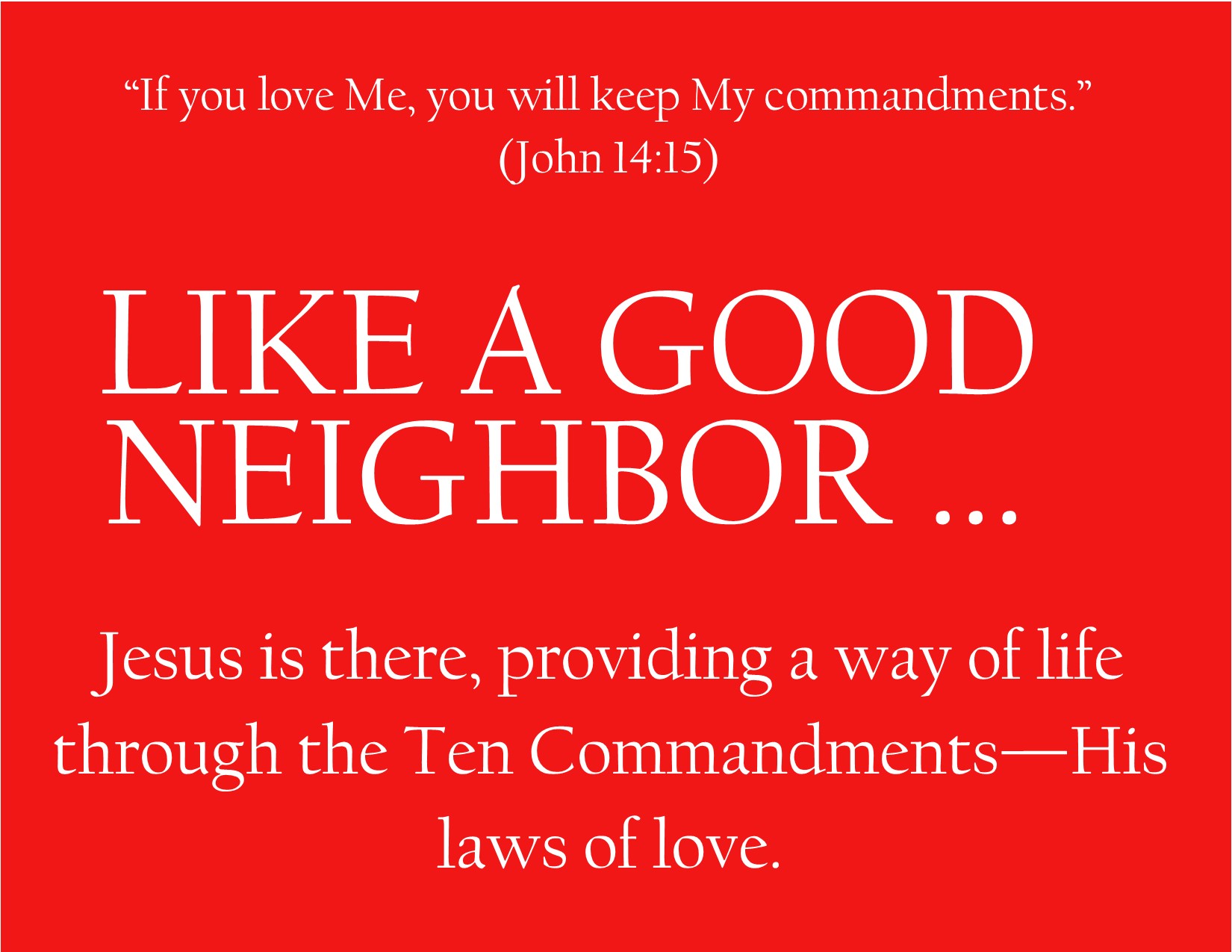Let Jesus’ Ten Commandments be your guide in living.
In what?
Not in the realm of the Gospel, how your sins are forgiven.
God does that in and through Jesus, His saving work proclaimed in the Word. Baptism. The Lord’s Supper.
Then where do His Ten Commandments come into play?
In your daily living, before Him and your neighbor.
And, shall we go here, in the government and/political realm also?
The bible knows no separation of church and state, but the proper working together.
The Church proclaims the Gospel (Matt. 28:18-20); the State/Government is to be a threat to evildoers (Rom. 13:3-4).
The Church and the State/Government are God’s; He’s set them up for unique work.
When Jesus says, “If you love Me, you will keep My commandments,” (John 14:15), these words are to guide both the Church and the State/Government.
A practical example. The Fifth Commandment, “You shall not murder.” So, if the Church or the Government say abortion is OK, this is not love for Jesus or the neighbor.
Both are disobeying Jesus’ Ten Commandments, His law of love.
Another practical example: The Sixth Commandment, “You shall not commit adultery.” So, if the Church or the State define marriage other than one man and one woman, then this is not love by either institution.
Both are disobeying Jesus Ten Commandments, His law of love.
For the Christian, Jesus’ Ten Commandments inform and instruct the way of life, yes, even the way of serving, voting, and engaging others. What laws or views will best serve your neighbor or neighboring countries in the way of love?
What about speed limits? Where and how much to tax? Jesus’ Ten Commandments are silent other than to do what is good for the neighbor. And we are to pay taxes to whom they are due (Rom. 13:7-8).
We look to Jesus’ Ten Commandments for our shape of daily living, not how sins are forgiven in Jesus.
“If you love Me, you will keep My commandments,” (John 14:15).

